Document Author
Year Published
Topic
- (-) Remove Triage & Service Portal filter Triage & Service Portal
- Technology (13) Apply Technology filter
- 100% Access to Justice (9) Apply 100% Access to Justice filter
- Reports, Evaluations, Best Practices, Surveys (8) Apply Reports, Evaluations, Best Practices, Surveys filter
- Research (8) Apply Research filter
- Reports (6) Apply Reports filter
- Triage (6) Apply Triage filter
- Self-Help Centers (5) Apply Self-Help Centers filter
- Trial Court Self-Help (5) Apply Trial Court Self-Help filter
- Articles & SRLN Briefs (3) Apply Articles & SRLN Briefs filter
- Best Practices for Self-Help Centers (3) Apply Best Practices for Self-Help Centers filter
- Human Centered Design (3) Apply Human Centered Design filter
- Justice Tech Entrepreneurs (3) Apply Justice Tech Entrepreneurs filter
- Linking a Self-Help Center to Other Services (3) Apply Linking a Self-Help Center to Other Services filter
- Scaling in Court Systems (3) Apply Scaling in Court Systems filter
- Courts (2) Apply Courts filter
- Managing a Self-Help Center (2) Apply Managing a Self-Help Center filter
- Strategic Planning (2) Apply Strategic Planning filter
- Allied Professionals (1) Apply Allied Professionals filter
- Best Practices (1) Apply Best Practices filter
- Evaluating a Self-Help Center (1) Apply Evaluating a Self-Help Center filter
- Evaluation (1) Apply Evaluation filter
- Forms (1) Apply Forms filter
- Law Schools (1) Apply Law Schools filter
- Legal Aid (1) Apply Legal Aid filter
- Presentations (1) Apply Presentations filter
- Simplification (1) Apply Simplification filter
- Webinars (1) Apply Webinars filter
- Working Groups (1) Apply Working Groups filter
State
Tags
Post date
Search results
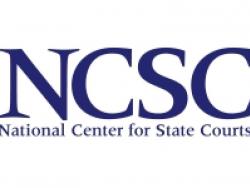
Report: Building A Litigant Portal: Business and Technical Requirements (NCSC 2015)
With funding from State Justice Institute, Thomas Clarke of the National Center for State Courts assembled two advisory committees – one to develop the business requirements for a litigant portal, and another to examine the technical requirements necessar ...
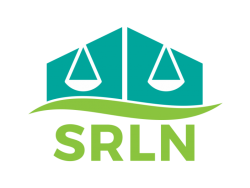
SRLN Brief: Examples of Legal Aid On-Line Intake and Triage Projects (SRLN 2016)
Over the years, legal aid programs developed complex intake protocols and decision trees to help manage their crushing caseload. Initially, these screening tools were simply paper documents that intake staff could use. Then, as telephone hotlines develope ...
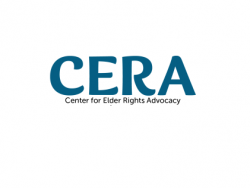
News: LEAN Manufacturing Analysis Helps Senior Legal Hotline Network Serve More Clients in Better Ways (Center for Elder Rights Advocacy 2016)
The Center for Elder Rights Advocacy (CERA), a project of Elder Law of Michigan (ELM) provides technical assistance to state, regional, and local organizations in the design, implementation, administration, and evaluation of low-cost legal assistance de ...

News: VA Legal Aid Society's New Online Triage System Dramatically Realigns Staff Resources to Increase Service to Eligible Clients (VA Legal Aid 2016)
With a new online eligibility tool (neotalogic.com) built in Neota Logic, Virginia Legal Aid Society (VLAS), which typically handles 14,000 calls a year on its hotline, successfully diverted 1,800 ineligible intakes in the first eight months of the tool ...
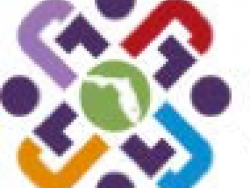
Report: Testing Triage: Navigating FloridaLawHelp.org (Rae 2019)
In 2019, the Florida Justice Technology Center, conducted user tests of the new FloridaLawHelp.org/triage staging website. The user testing participants were provided with a hypothetical legal problem and asked to navigate the site to get the help they wa ...
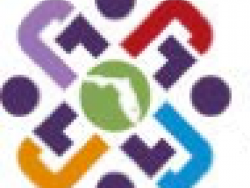
Report: Reaching Floridians with Legal Information: Feedback from Focus Groups and User Testing (Rae & Quinn 2018)
In May 2018, the Florida Justice Technology Center’s FloridaLawHelp.org gathered feedback and input from community members, social services organizations and legal services providers. Through a series of focus group discussions as well as individual user ...
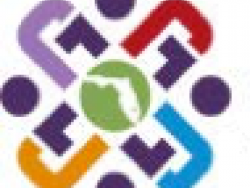
Report: Comparing Online Legal Content Formats: The Results of User Research (Rae & Quinn 2018)
In May 2018, the Florida Justice Technology Center’s FloridaLawHelp.org website conducted short user tests of the same legal content in four different formats with 26 Floridians, the majority of whom (over 80%) reported earning less than 250% of the feder ...
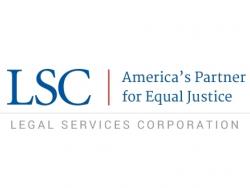
Report: Report of the Summit on the Use of Technology to Expand Access to Justice (LSC 2013)
In 2012 and 2013, the Legal Services Corporation convened a national Technology Summit that brought together more than 75 representatives of legal aid programs, courts, government, and business as well as technology experts, academics, and private practit ...
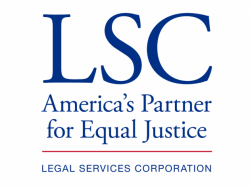
Resource: LSC Legal Navigator Portal Project (2021)
The “Legal Navigator” is an online platform designed to be used by individuals alone or with non-legal providers with whom they may already be working to address a variety of other issues. We are automating self-help in a new way that replicates the ques ...
Article: The Access To Justice “Sorting Hat” Towards A System Of Triage And Intake That Maximizes Access And Outcomes (Zorza 2012)
In this seminal article, Richard Zorza discusses the fact that we know little of the processes by which the millions of people who approach courts, legal aid intake systems, and hotlines are directed into them, or the access services they do or do not rec ...